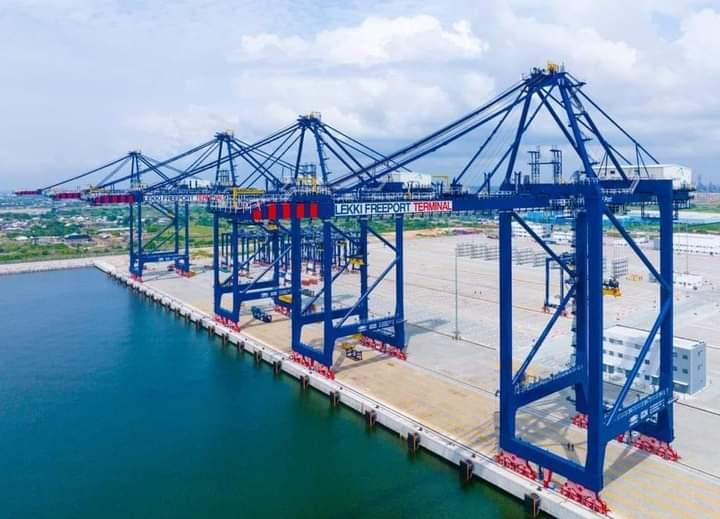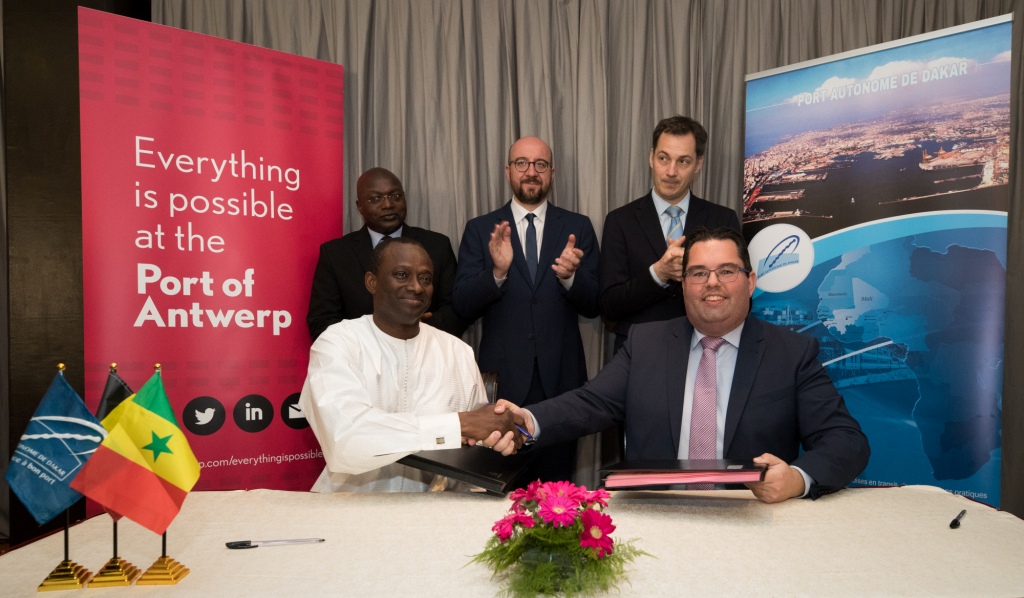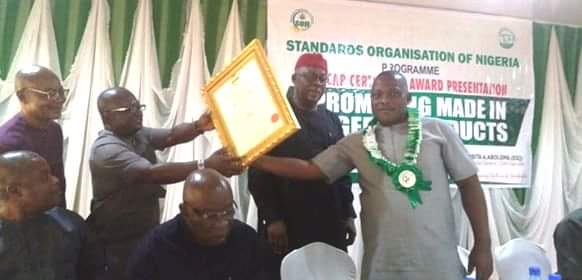Barely three months after the total ban on importation cars via land borders, stakeholders in the nation’s maritime sector have assessed the situation and confirmed that the target of the ban is being technically defeated.
In an interview, the Deputy Managing Director of Ports and Terminal Multiservices Limited (PTML), Mr. Ascanio Russo stressed that banning the importation of vehicles through the land border was a good step by the leadership of Nigerian Customs, but they need to move another step further by raising competitiveness of Nigerian ports by way of easing duties so as to encourage importers the more.
According to him, “The challenge we’re facing though, is that since the introduction of the Automotive Policy sometime in July 2014, the level of duties applicable to second hand and new vehicles is still far too high and, therefore, the incentive to bring the vehicles through the port of Cotonou and then smuggle them to Nigeria remains very strong”.
“Our position is that we support the policy that vehicles imported into Nigeria should be cleared only through Port Customs Command. At the same time, we are not oblivious to the fact that the Nigerian border remains very porous and unless the level of duties payable on used vehicles is reduced significantly, there will always be an inducement to avoid Nigerian ports where the clearance costs are too high.
 “Since the implementation of the Automotive Policy in July 2014, the level of duties on used cars was increased to 35 per cent of the Cost Insurance and Freight (CIF) value. Considering the additional charges applicable on CIF values (port levy, MOWCA, CISS, VAT), the actual increase in clearance cost for used cars exceeded 65 per cent, while for commercial vehicles the impact was well over 400 per cent.
“Since the implementation of the Automotive Policy in July 2014, the level of duties on used cars was increased to 35 per cent of the Cost Insurance and Freight (CIF) value. Considering the additional charges applicable on CIF values (port levy, MOWCA, CISS, VAT), the actual increase in clearance cost for used cars exceeded 65 per cent, while for commercial vehicles the impact was well over 400 per cent.
“The first effect of this dramatic increase in clearance cost was an immediate drop in the number of vehicles discharged in Nigerian ports and a sudden further growth of the number of cars discharged in the neighbouring ports.
“The problem though is that the level of duties payable in Nigeria is still too high and far beyond the purchasing power of the average Nigerian. It is therefore obvious that the importers will find all possible avenues to reduce their costs.
“What we are seeing now in the port since the introduction of the new policy is that the very old cars, which are proportionally paying a lower level of duties are brought through the Nigerian ports, while the high end and the newer vehicles are discharged in Cotonou and then smuggled into the country.
“Prohibiting the importation of cars through the border is definitely a positive development to bring back those vehicles to Nigerian ports, but it won’t be enough to recoup all traffic, which is still going through Cotonou port as the level of duties is still too high. The only way to bring these vehicles back to Nigerian ports is to make the ports competitive. And to make our ports competitive, two issues need to be addressed. The first one is the reduction of level of duties on vehicles. The second one is to make the clearance procedures more transparent and simple.
Clearing a vehicle in the Nigerian port is still a cumbersome process, which requires a number of manual interventions at different stages and different offices.
“All this manual interventions make the process complicated and expensive. You will be surprised to know that the vehicle price used by Customs to determine the level of duties to be paid is not published anywhere. We know the duty percentage applicable on the CIF value, but we do not know the CIF value of the vehicle. The determination of this value is left to the negotiations between the parties.
“Ideally, the process of clearance of the vehicles should be digitalised with very marginal human interactions. The goal should be to eliminate any human intervention in the valuation process, because this subjectivity brings uncertainty and additional cost for the importers and as a result higher prices for the Nigerian consumers.
“The Minister of Finance has since 2013 demanded the publication of the price of vehicles but for some reasons, these prices have never been made public. As long as the clearance of vehicles remains an opaque process, subject to interpretation and the level of duties payable is not reduced, our port won’t be able to compete with the ones in our neighbouring countries.
Corruption in the ports
Business Hilights recalls that PTML is the largest multipurpose Ro/Ro Terminal in West Africa.
The terminal is owned by the Grimaldi Group, a fully integrated multinational logistics company, which specialises in the shipping of vehicles, containers, break-bulk and project cargo.









